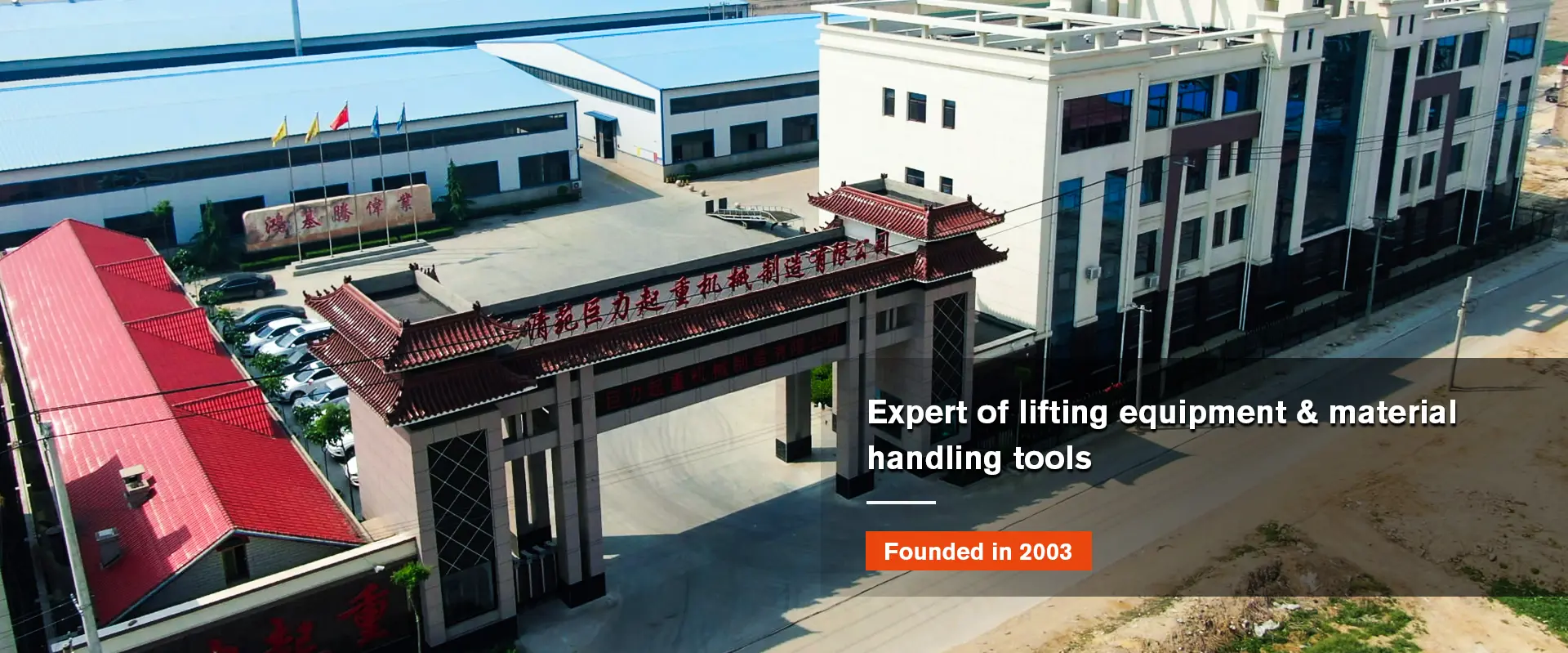


The Importance of Pallet Trucks in Modern Warehousing
In today’s fast-paced industrial environment, efficiency and productivity are paramount, especially in warehousing and logistics. One of the essential tools that facilitate these processes is the pallet truck, also known as a pallet jack. This humble yet powerful piece of equipment plays a crucial role in the handling and transportation of goods, enhancing operational efficiency in warehouses and distribution centers around the world.
Definition and Types of Pallet Trucks
A pallet truck is a manually-operated or powered device designed to lift and move pallets—platforms used to support goods in a stable manner during transport or storage. There are two primary types of pallet trucks manual and electric.
Manual pallet trucks are operated by hand, requiring the user to pump a lever to raise the forks that lift the pallet. These trucks are straightforward to use and do not require a power source, making them ideal for businesses operating on a smaller scale or those with limited budgets.
On the other hand, electric pallet trucks, which can be powered by rechargeable batteries, provide a more effortless and efficient means of handling heavier loads. They often come with additional features, such as scales for weighing goods and ergonomic handles for improved operator comfort. This variety allows businesses to select the best pallet truck for their specific needs, considering factors such as load capacity, operating environment, and budget.
Enhancing Efficiency and Safety

One of the primary reasons pallet trucks are ubiquitous in warehouses is their ability to enhance efficiency. By enabling the quick and easy movement of heavy loads, pallet trucks minimize the time and effort required to transfer goods from one location to another. This efficiency becomes especially crucial during peak times, such as holiday seasons, when the volume of goods being processed increases dramatically.
Additionally, pallet trucks contribute to improved workplace safety. With their ability to lift and transport heavy items without the need for manual lifting, the risk of worker injuries due to strain or accidents is significantly reduced. Moreover, many pallet trucks are designed with features like non-slip handles and robust braking systems to ensure safe operation. However, it is essential to train employees on proper usage techniques to maximize safety and prevent accidents.
Maintenance and Care
While pallet trucks are generally low-maintenance, regular checks and proper care are necessary to prolong their lifespan and ensure reliable performance. Routine inspections should include checking the wheels for wear, ensuring the forks are in good condition, and verifying that hydraulic systems are functioning correctly. Keeping the equipment clean and properly lubricated not only maintains its efficiency but also prevents issues that can lead to costly repairs or replacements.
Conclusion
In conclusion, pallet trucks are indispensable tools in modern warehousing operations, offering numerous benefits that go beyond mere convenience. They boost productivity, enhance safety, and are available in various types to suit different operational needs. As businesses continue to evolve and adapt to the changing demands of the marketplace, investing in quality pallet trucks remains a practical decision that can yield significant returns. Whether for a small business or a large distribution center, pallet trucks are a cornerstone of efficient logistics and a vital asset in any supply chain strategy.



